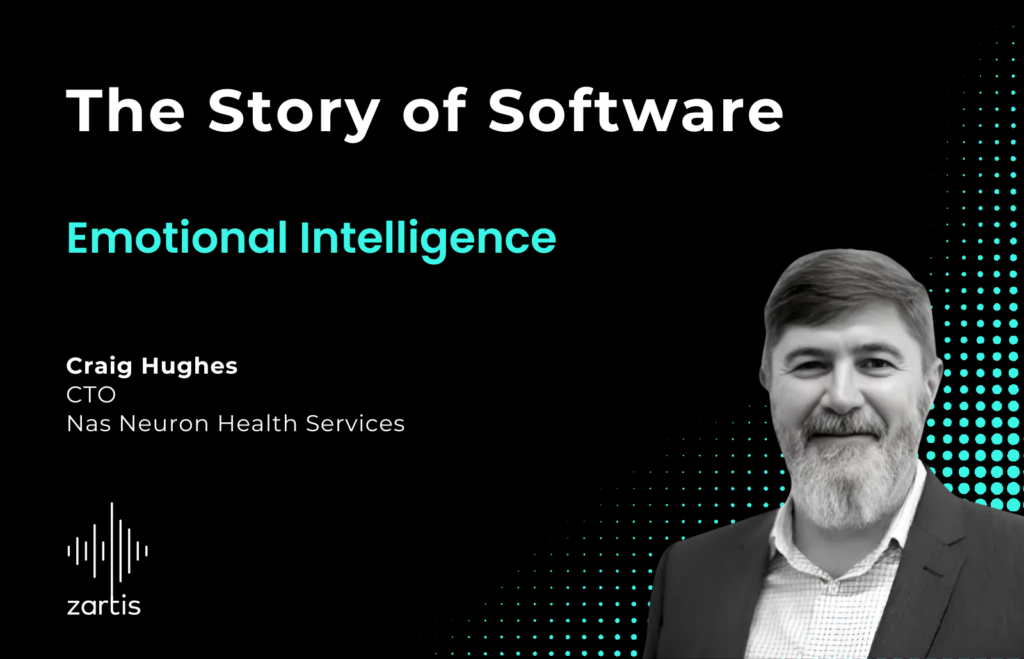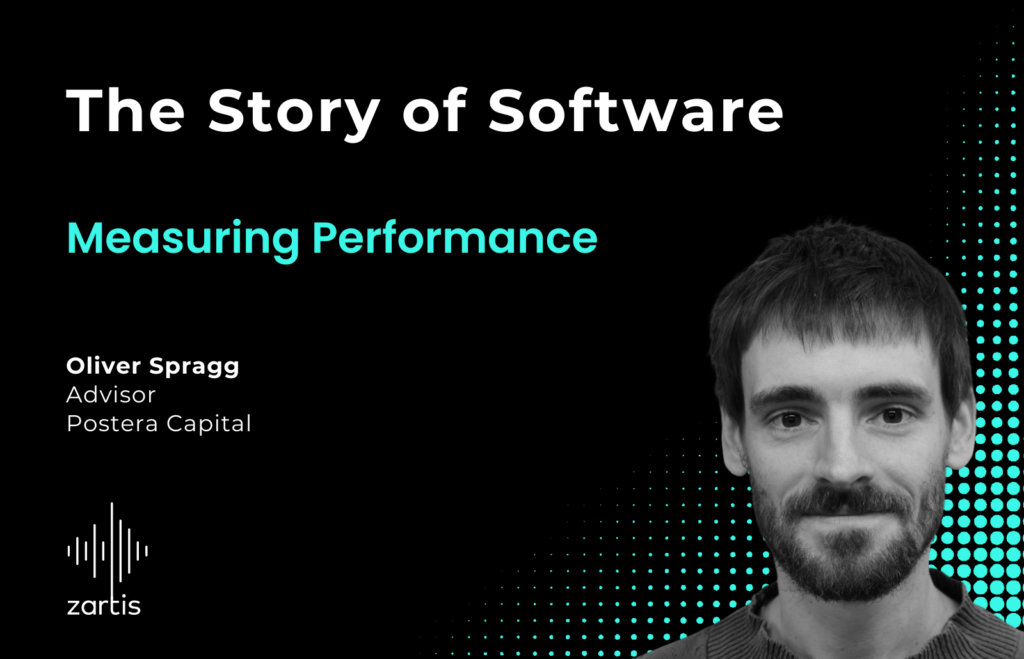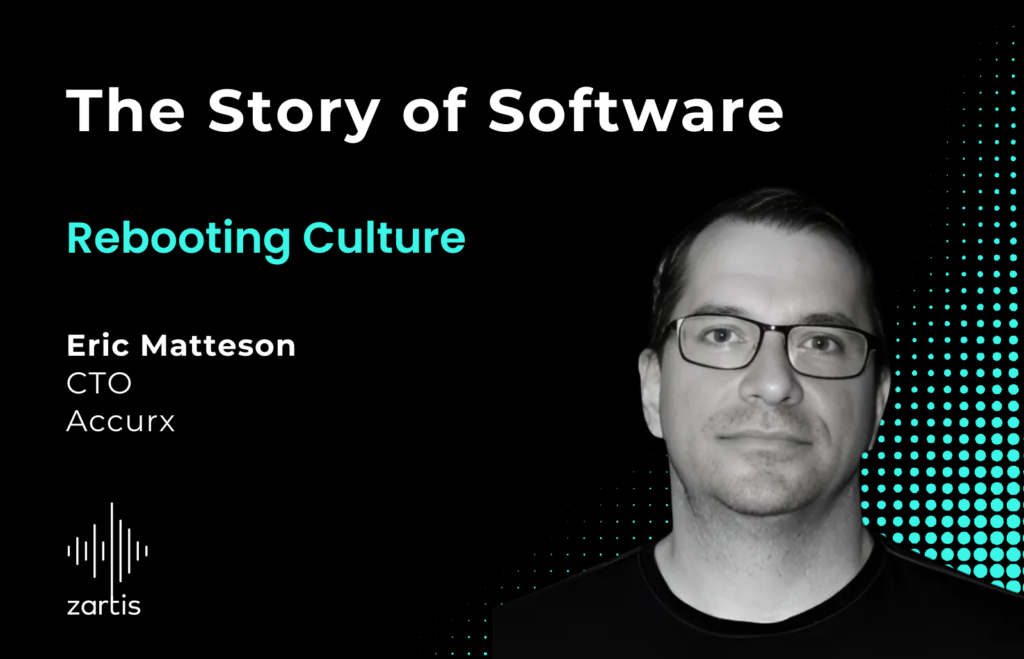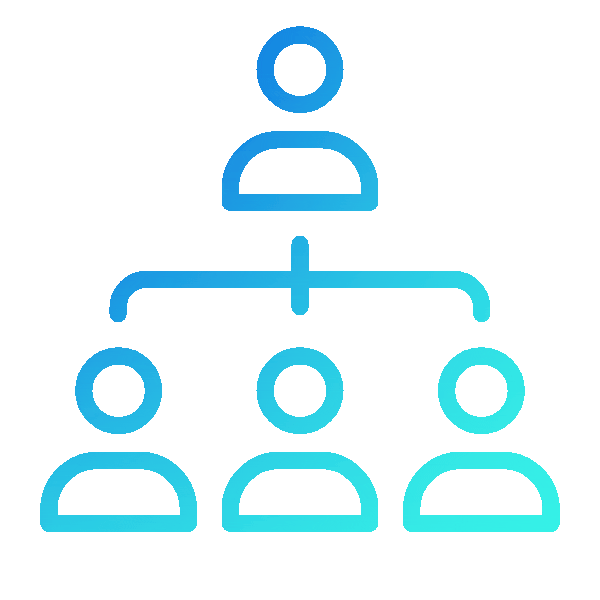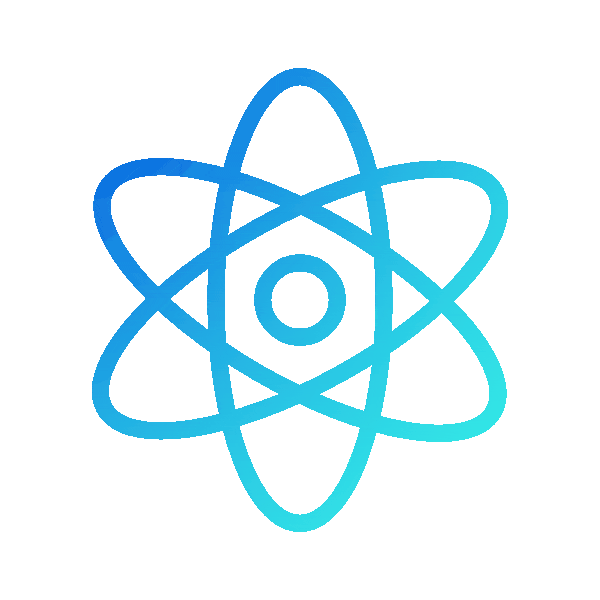Padraig Coffey, CEO at Zartis and podcast host, is joined by Arjun Mendhi, Founder and CEO at MOLTEN, to discuss the process of bringing successful products to market.
The Guest – Arjun Mendhi, Founder and CEO at Molten
Arjun has extensive experience across the process of product innovation and is the CEO and Founder at Molten. Molten’s cloud platform transforms media rights, content, and financial management, radically simplifying global operations. By leveraging its domain expertise, Molten infrastructure empowers film & TV organizations with real-time analytics to accelerate deal-making and content monetization worldwide.
How to Achieve Product-Market Fit
The main challenge any new company faces is achieving product-market fit. And reaching product-market fit encompasses a number of considerations – from how to approach a problem, to looking for the right funding opportunities, to instilling the right culture among the team building the product.
In this episode, Arjun shares his deep insights on how to build successful products – for both new and established companies alike. Some of the topics covered include:
- The specificities of early stage product development.
- How a startup should approach funding and how to choose investors.
- Hiring at different stages of a company’s evolution.
- Engineering culture and process considerations in building successful products.
- Approaching mistakes and setbacks in the right way.
- Advice for companies looking for product-market fit.
Transcript (abridged version):
[…]
So Arjun, maybe to kick-off you could tell us a little bit about yourself and your journey at Molten.
Sure. I really founded Molten to modernize the value chain of the media industry. Essentially, redesigning the underlying rights content and financial operations on which Film, TV, music and gaming content are realized today. As of today, we focused on the film and TV industry, but that’s the larger motivation for Molten.
What got me introduced to the media industry and got me started in this space was my own experience as an indie musician. So, back about 15 years ago, I lived two lives. By day I was a software engineer and by night I was a musician. I played lead guitar in an indie rock band and pretty soon I started getting approached by record labels and producers, and being a software engineer who built data pipelines professionally, I was quite intrigued by the mechanics of the industry, such as who owns the rights, who gets paid, who decides what content goes where, and who decides what’s a fair deal, etc. So over time, that interest turned into fascination and about nine years ago, when I had just joined MIT, I filed my first patent in decentralized rights management. Many years later, here we are with Molten. […]
So earlier in your career, you worked in the software development world as you mentioned. Did that experience equip you with particular skills that are useful when you’re building and driving your own business?
Yes, certainly. For me, it comes down to three things. First, is an engineering mindset on how I look at problems, understand them, dissect them and break them down. The second would be an agile development approach, which is how I go about constructing a solution, when we may not actually know what the end result looks like. The third is applying my experience in building technology products for non-technical users.
A few years ago, I was building robotic solutions, and robotic systems for large factories and I realized as I was building these products that most of the users of these really complex robotic systems – and each system was almost the size of a football field – most of these users were non-technical users. They had no background in engineering or robotics or even mathematics and I had to distill a complex system down to a few button clicks and get an intelligence built into the system. So, that experience has stayed with me and influenced how I go about approaching problems that I’m trying to solve.
Today, we want to talk really about product-market fit. Would you be able to tell us about the early product development process at Molten?
When I think about the early product development process, I keep a few guidelines in mind and I didn’t start out with this learning. I think I realized them as I built Molten and looked back at what I had learned. So, here’s the summary of my learning. The first point and perhaps the most important one when looking for product-market fit is to obsess over the problem. The subject there is to obsess over the problem, but not over the solution. What I mean by that is, truly understand the problem, live it, exist in the shoes of the person or the business feeling that problem. Don’t push a solution to the market just because you’re obsessed or excited about a new technology or a new way of doing something. That is a trap I have seen various companies fall into. So, my personal guideline is to obsess over the problem, to live it, breathe it, soak it in and just be passionate about solving that problem, no matter what it takes.
Second, don’t get held back by sunken costs. Third, launch fast, iterate and incorporate every learning along the way. Perhaps a bonus fourth point here would be to just enjoy the hunt. It is not every day that you get to do this, so make this journey exciting and fun for yourself and your team.
[…]
When you speak about investors and the manner in which they can add value; is it a personality type in the people that you’re going to be dealing with? Is it domain expertise, or is it a mixture of these things?
I think it’s a mixture. You cannot break it down to just one thing that you look for in every investor. Every human being is different and similarly, every time you’re interacting with a potential investor, what you ought to be thinking about is where do I see that synergy. Very much like when you’re hiring somebody to your team. In this case, you’re hiring somebody who can add value to the company in a few specific areas that are different from what a full-time employee would do for the company. So in this case, they can provide capital, but what else about that individual really speaks to the synergy? Sometimes it is the domain expertise, sometimes it is their experience in the startup world. Sometimes it is their experience in the industry, even if they are not domain experts in the product you’re building or the problem you’re solving. Their presence in the industry can help open doors for the company. So, every individual is different and must be addressed on a case-by-case basis, I suppose.
[…]
You can find The Story of Software podcast on:
Apple Podcasts, Spotify, Stitcher, Deezer, & any other podcast platform of your choice.
We hope you enjoy listening to this tech podcast and feel free to share any feedback with us: podcast@zartis.com

